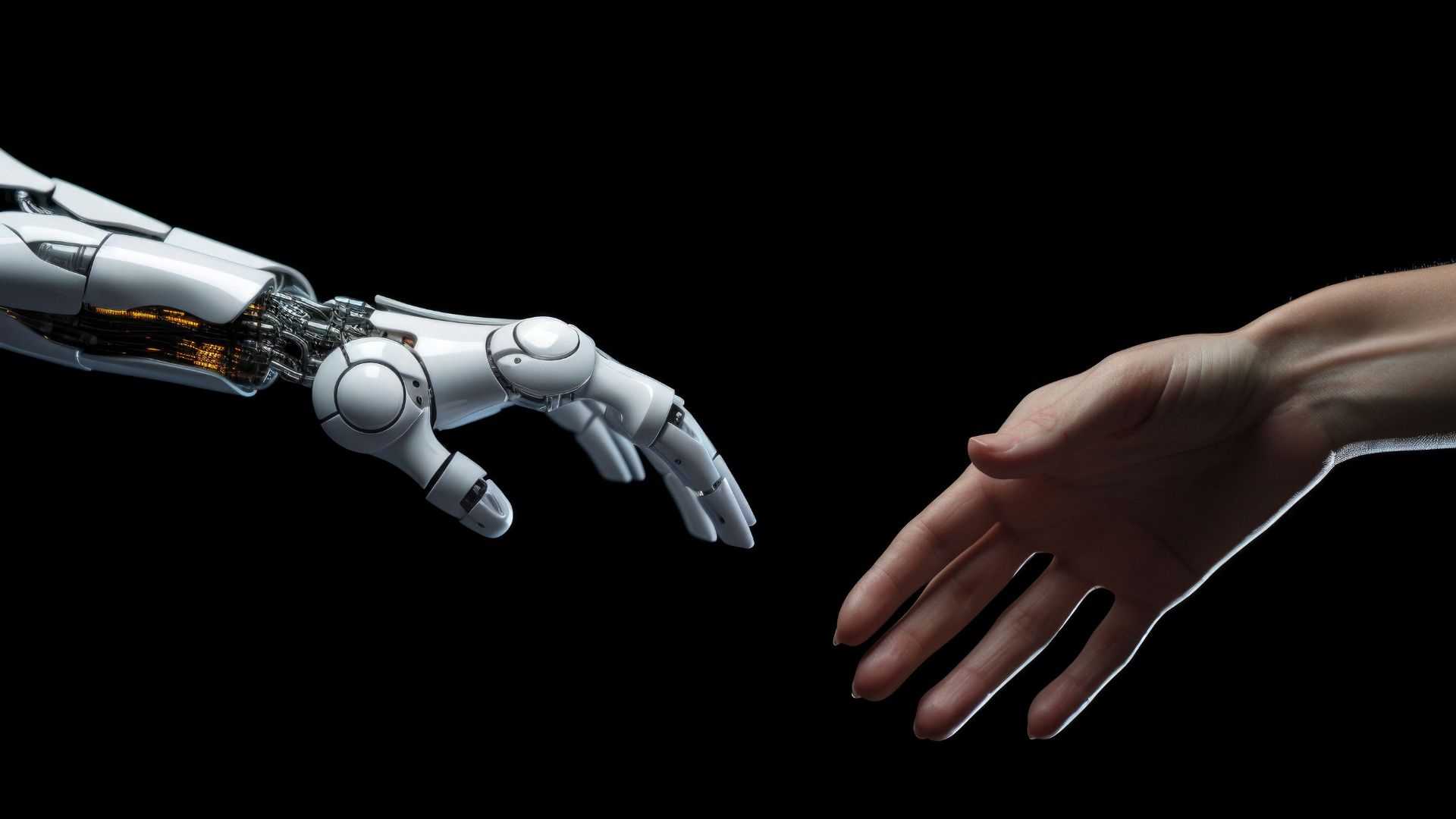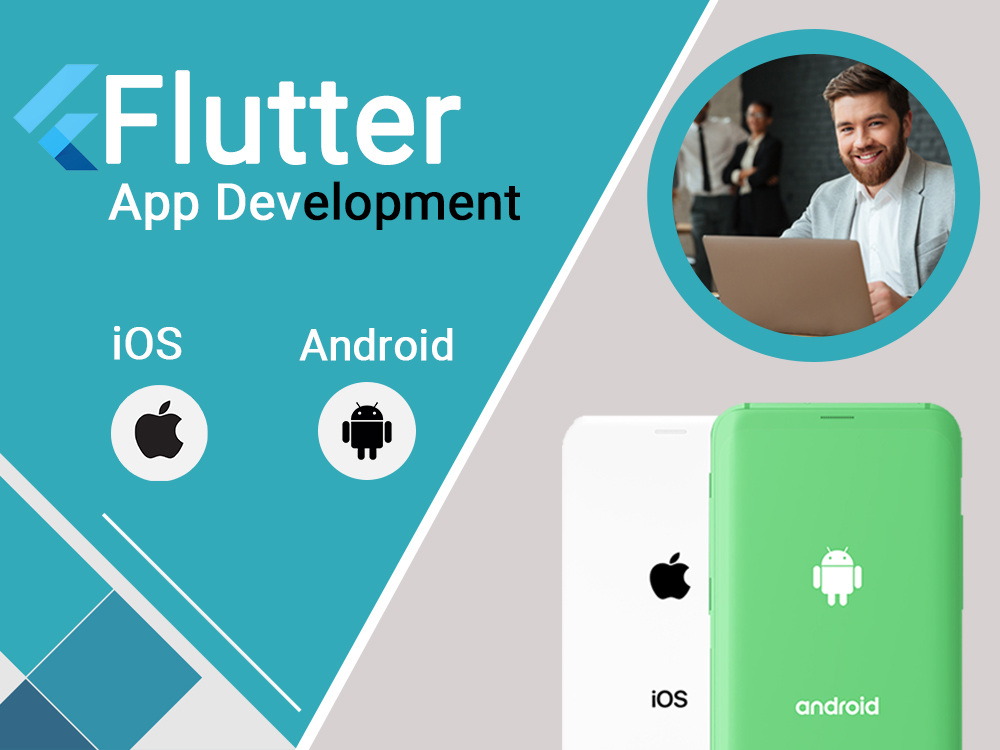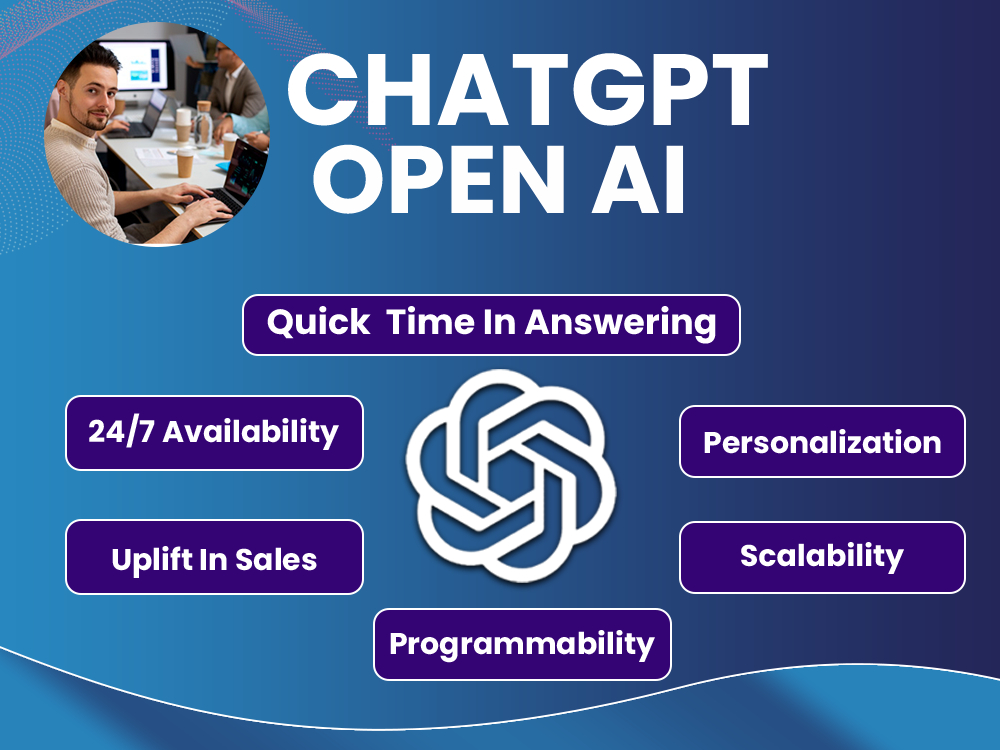In the ever-evolving realm of digital content creation, the emergence of artificial intelligence (AI) stands as a pivotal force reshaping the landscape. The future trends in AI for content represent a paradigm shift, transcending conventional methods and introducing a new era of creativity, efficiency, and engagement. At its core, AI is not merely a tool; it’s a transformative catalyst, revolutionizing how content is conceptualized, generated, and distributed. From innovative ideation platforms that harness the power of machine learning to automated content creation tools, the role of AI in content creation is expanding at an unprecedented pace.
One of the defining trends is the integration of machine learning for content personalization. Gone are the days of one-size-fits-all content strategies. AI-driven algorithms now enable content creators to tailor their materials with precision, ensuring a personalized experience for each audience member. This personalization extends beyond static content, with dynamic adjustments based on user preferences, behavior, and interactions, ultimately enhancing user experiences and fostering deeper connections.
AI’s influence extends seamlessly into content marketing strategies, where data-driven decision-making becomes a game-changer. Leveraging AI tools for comprehensive data analysis allows businesses to understand their audience on a granular level. This insight, in turn, fuels targeted and strategic content distribution, optimizing outreach efforts and maximizing return on investment. Additionally, the integration of AI-powered chatbots facilitates personalized customer interactions, creating a seamless and responsive engagement experience.
Automation, another critical facet of future trends, streamlines content management processes. Cutting-edge tools and technologies powered by AI automate various stages of content creation, distribution, and performance analysis. From content scheduling to social media analytics, automation not only enhances efficiency but also allows content creators to focus on higher-order creative tasks, thereby elevating the overall quality and impact of their work.
However, with great innovation comes the responsibility to navigate ethical considerations and potential challenges. Addressing issues such as biases in AI algorithms and ensuring transparency in content creation processes are imperative steps in responsibly harnessing the power of AI. Regular audits and open communication about AI use in content creation foster trust and accountability, ensuring that the transformative potential of AI is realized without compromising ethical standards.
Looking ahead, the future prospects of AI in content creation remain both thrilling and unpredictable. As technology continues to advance, content creators and marketers must stay informed about the latest developments, fostering a culture of adaptability to embrace future AI innovations. The integration of AI in content creation is not merely a trend; it’s a strategic imperative for businesses aiming to stay ahead in the digital era, unlocking unprecedented possibilities and redefining the very essence of engaging and impactful content.
AI in Content

In the ever-evolving realm of digital content creation, the emergence of artificial intelligence (AI) stands as a pivotal force reshaping the landscape. The future trends in AI for content represent a paradigm shift, transcending conventional methods and introducing a new era of creativity, efficiency, and engagement. At its core, AI is not merely a tool; it’s a transformative catalyst, revolutionizing how content is conceptualized, generated, and distributed. From innovative ideation platforms that harness the power of machine learning to automated content creation tools, the role of AI in content creation is expanding at an unprecedented pace.
One of the defining trends is the integration of machine learning for content personalization. Gone are the days of one-size-fits-all content strategies. AI-driven algorithms now enable content creators to tailor their materials with precision, ensuring a personalized experience for each audience member. This personalization extends beyond static content, with dynamic adjustments based on user preferences, behavior, and interactions, ultimately enhancing user experiences and fostering deeper connections.
AI’s influence extends seamlessly into content marketing strategies, where data-driven decision-making becomes a game-changer. Leveraging AI tools for comprehensive data analysis allows businesses to understand their audience on a granular level. This insight, in turn, fuels targeted and strategic content distribution, optimizing outreach efforts and maximizing return on investment. Additionally, the integration of AI-powered chatbots facilitates personalized customer interactions, creating a seamless and responsive engagement experience.
Automation, another critical facet of future trends, streamlines content management processes. Cutting-edge tools and technologies powered by AI automate various stages of content creation, distribution, and performance analysis. From content scheduling to social media analytics, automation not only enhances efficiency but also allows content creators to focus on higher-order creative tasks, thereby elevating the overall quality and impact of their work.
However, with great innovation comes the responsibility to navigate ethical considerations and potential challenges. Addressing issues such as biases in AI algorithms and ensuring transparency in content creation processes are imperative steps in responsibly harnessing the power of AI. Regular audits and open communication about AI use in content creation foster trust and accountability, ensuring that the transformative potential of AI is realized without compromising ethical standards.
Looking ahead, the future prospects of AI in content creation remain both thrilling and unpredictable. As technology continues to advance, content creators and marketers must stay informed about the latest developments, fostering a culture of adaptability to embrace future AI innovations. The integration of AI in content creation is not merely a trend; it’s a strategic imperative for businesses aiming to stay ahead in the digital era, unlocking unprecedented possibilities and redefining the very essence of engaging and impactful content.
Table of Contents
The Role of AI in Content Creation
Artificial Intelligence (AI) stands at the forefront of a paradigm shift in content creation, transcending its conventional role as a mere tool and emerging as a transformative force reshaping the creative landscape. Beyond automating repetitive tasks, AI is now a game-changer in the very essence of content generation. From ideation to execution, AI algorithms exhibit a capacity to conjure innovative ideas, draft compelling narratives, and even emulate writing styles with remarkable accuracy. The role of AI in content creation extends far beyond mechanized processes; it encapsulates the infusion of creativity with data-driven insights.
This synergy between machine and creativity not only expedites content production but also unlocks novel avenues for exploration. Content creators now find themselves with an invaluable collaborator in AI, leveraging its capabilities to augment their creative endeavors. As AI-powered tools continue to evolve, the traditional boundaries of content development dissolve, giving rise to a dynamic and adaptive approach that responds to user preferences, market trends, and real-time analytics.
The significance of AI in content creation lies not only in its ability to streamline workflows but in its potential to redefine the very nature of what we consider creative. It is a catalyst for innovation, empowering content creators to push the boundaries of imagination and craft narratives that resonate in the digital age.
Machine Learning for Content Personalization
In the dynamic realm of content creation, the incorporation of machine learning heralds a paradigm shift, particularly in the domain of content personalization. Machine learning algorithms, endowed with the capability to decipher intricate patterns within vast datasets, are revolutionizing how content is tailored to individual preferences. Gone are the days of generic messaging; now, content personalization takes center stage as a strategic imperative for businesses seeking to forge meaningful connections with their audiences.
The crux of this transformation lies in the ability of machine learning to analyze user behavior, discern patterns, and predict preferences with remarkable accuracy. Through sophisticated algorithms, content creators can now curate experiences that resonate on a deeply personal level, delivering precisely what the audience desires at the right moment. This not only enhances user engagement but also establishes a foundation for lasting brand loyalty.
The implementation of machine learning for content personalization involves a twofold approach. Firstly, leveraging advanced data analytics provides invaluable insights into user behavior, preferences, and consumption patterns. This data-driven understanding forms the bedrock for crafting content that aligns seamlessly with the expectations and desires of the target audience. Secondly, the integration of machine learning algorithms into content delivery mechanisms enables dynamic personalization in real-time. Whether through personalized recommendations, adaptive website interfaces, or tailored email campaigns, machine learning ensures that the content journey is a fluid, responsive, and individualized experience.
In essence, machine learning for content personalization is not merely a technological tool; it’s a strategic enabler of meaningful connections. It empowers content creators to transcend the one-size-fits-all approach, fostering a digital landscape where each interaction is purposeful, relevant, and resonant. As businesses navigate the evolving landscape of digital engagement, the incorporation of machine learning in content personalization stands as a pivotal strategy, unlocking the door to unparalleled user satisfaction and long-term brand affinity.
AI-Powered Content Marketing Strategies
In the dynamic realm of digital marketing, AI-powered content marketing strategies have emerged as a transformative force, revolutionizing the way brands connect with their audiences. Gone are the days of one-size-fits-all approaches; AI injects a level of precision and personalization that was once unimaginable. At the core of this paradigm shift is the ability of AI to harness vast amounts of data, providing marketers with invaluable insights into consumer behavior, preferences, and engagement patterns. This wealth of information allows for the creation of hyper-targeted content that resonates with specific audience segments, thereby maximizing relevance and impact.
AI’s prowess extends beyond content creation; it serves as a strategic ally in the distribution and optimization phases of the marketing funnel. Automated algorithms analyze data in real-time, enabling marketers to identify the most effective channels, timings, and formats for content delivery. This not only enhances the efficiency of marketing campaigns but also ensures that the right message reaches the right audience at the right moment, fostering deeper connections and driving conversion rates.
Moreover, AI-powered chatbots are increasingly becoming integral components of content marketing strategies. These intelligent virtual assistants provide personalized interactions with users, offering instant responses and tailored recommendations based on individual preferences. By simulating human-like conversations, AI-driven chatbots elevate user experiences, enhance brand perception, and facilitate seamless customer journeys.
Implementing AI-powered content marketing strategies requires a proactive approach. Marketers must embrace tools that facilitate data-driven audience segmentation, allowing for the creation of highly targeted content. Additionally, integrating AI into customer interactions through chatbots demands a careful balance – harnessing the benefits of automation while maintaining a human touch.
In essence, AI-powered content marketing is not merely a trend but a strategic imperative for businesses seeking to thrive in the digital landscape. By leveraging the capabilities of artificial intelligence, brands can transcend traditional marketing boundaries, deliver compelling content experiences, and build lasting relationships with their audiences. As the digital landscape continues to evolve, those who harness the power of AI will not only stay relevant but will also lead the way in shaping the future of content marketing.
Tools and Technologies: Content Automation
In the ever-evolving landscape of content creation, the paradigm shift brought about by artificial intelligence is nowhere more apparent than in the realm of tools and technologies dedicated to content automation. This section explores the transformative impact of cutting-edge tools that are reshaping the way content is managed, produced, and distributed. Content automation goes beyond mere efficiency; it is a strategic imperative for businesses seeking to streamline their workflows and enhance productivity. By integrating AI-powered content management systems, organizations can harness the power of algorithms to analyze data, predict trends, and tailor content strategies to specific audience segments. These systems not only automate mundane tasks but also provide valuable insights, allowing content creators and marketers to make informed decisions.
One key aspect of content automation lies in social media management, where tools leverage AI to schedule posts, analyze engagement metrics, and optimize content for different platforms. This not only saves time but ensures a consistent and effective presence across diverse digital channels. Additionally, automation tools enable the creation of personalized content at scale, adapting messages to individual preferences and behaviors. This not only enhances user experience but also fosters stronger connections between brands and their audiences.
As we delve deeper into the era of AI-driven content automation, the integration of chatbots emerges as a game-changer. These intelligent virtual assistants facilitate personalized interactions with users, responding to queries, providing information, and even guiding them through the sales funnel. The seamless integration of chatbots into websites and messaging platforms not only enhances user engagement but also frees up human resources for more complex tasks.
However, with the benefits of content automation come important considerations. Ethical use of AI, data privacy, and the potential for bias in automated processes require careful attention. Regular audits to identify and rectify biases, transparent communication about the use of AI in content creation, and adherence to ethical guidelines become essential to ensure responsible and effective implementation.
In conclusion, the tools and technologies driving content automation are reshaping the landscape of digital content creation and marketing. By embracing these innovations, businesses can not only enhance their operational efficiency but also gain a competitive edge in delivering personalized and impactful content to their target audiences. The era of content automation is not just about streamlining processes; it’s about unlocking the full potential of AI to create meaningful connections in the digital age.
Challenges and Considerations
In the realm of integrating AI into content creation and marketing, a critical facet that demands meticulous attention is navigating the myriad challenges and considerations associated with this transformative technology. As businesses increasingly embrace AI for content development, ethical concerns loom large. It is imperative to address the potential biases inherent in AI algorithms, ensuring that the content generated reflects fairness and inclusivity. Regular audits and evaluations become essential mechanisms in the quest to identify and rectify any unintentional biases that may emerge during the AI-driven creative process.
Moreover, data privacy emerges as a paramount concern. With AI relying heavily on vast datasets, safeguarding user information and ensuring compliance with privacy regulations become non-negotiable prerequisites. Striking the delicate balance between utilizing user data for personalization and respecting privacy boundaries is a delicate yet crucial task for content creators and marketers alike.
Transparency emerges as a cornerstone in the ethical implementation of AI in content creation. Communicating openly about the use of AI tools to generate content fosters trust with the audience and stakeholders. Disclosing the involvement of AI in the creative process not only serves as a testament to an organization’s commitment to transparency but also aids in managing expectations. Additionally, as AI systems are trained on historical data, there is a perpetual need to stay vigilant against perpetuating existing biases. Content creators must actively engage in refining and diversifying the datasets used for training, ensuring that AI-driven content reflects a broad spectrum of perspectives and avoids reinforcing societal stereotypes.
In essence, while the promises of AI in content creation are vast, acknowledging and mitigating the associated challenges is indispensable. A proactive and ethical approach, coupled with continuous vigilance and adaptation, paves the way for a future where AI not only enhances the efficiency of content strategies but does so in a responsible, unbiased, and privacy-conscious manner.
In contemplating the future prospects of AI in content creation and marketing, it’s evident that we stand at the precipice of a revolutionary era. The rapid advancements in artificial intelligence promise to reshape the very foundations of how we conceive, generate, and disseminate content. Looking ahead, the integration of AI technologies is anticipated to foster unprecedented levels of creativity and efficiency in content creation. As machine learning algorithms continue to refine their understanding of audience preferences, content personalization will reach unparalleled levels, ensuring that every piece of content resonates with its intended audience.
Moreover, the symbiotic relationship between AI and content marketing is poised to deepen, with AI serving as a strategic partner in crafting targeted and data-driven marketing campaigns. The future holds the promise of seamlessly blending human creativity with AI-driven insights, resulting in campaigns that are not only compelling but also strategically optimized for maximum impact.
However, amidst the optimism, challenges loom. Ethical considerations and the potential for biases in AI-generated content demand vigilant attention. Striking the right balance between automation and human oversight will be crucial to ensure responsible and effective implementation. As we navigate these challenges, staying informed about the latest AI advancements will be essential for content creators and marketers alike. The future prospects of AI in content are undeniably exciting, offering a landscape of endless possibilities for those ready to embrace and adapt to the evolving paradigm of intelligent content creation and marketing.
Top Five AI Trends to Look Out for in 2023
Artificial Intelligence (AI) continues to be at the forefront of technological innovation, and as we step into 2023, the landscape is poised for remarkable developments. The top five AI trends to look out for in 2023 promise to redefine the way we interact with technology and leverage its potential. Firstly, AI-powered content creation is set to revolutionize the creative process, with algorithms generating high-quality and personalized content at an unprecedented scale. This trend not only enhances efficiency but also opens up new possibilities for content creators. Secondly, Natural Language Processing (NLP) is reaching new heights, enabling machines to comprehend and respond to human language with greater nuance.
This advancement is expected to enhance communication between humans and AI systems, leading to more intuitive and context-aware interactions. Thirdly, the integration of AI in cybersecurity is becoming increasingly crucial. As cyber threats evolve, AI-driven security measures are proving to be indispensable in detecting and mitigating risks in real-time. Additionally, the fourth trend revolves around the democratization of AI, making it more accessible to businesses of all sizes. Cloud-based AI services and platforms are empowering organizations to harness the power of AI without substantial infrastructure investments.
Lastly, AI in healthcare is poised for significant strides, with predictive analytics, personalized treatment plans, and diagnostic tools leveraging machine learning to enhance patient care. In summary, the top AI trends in 2023 promise a transformative impact on various industries, signaling a future where AI not only enhances efficiency but becomes an integral part of our daily lives, driving innovation, and shaping a more intelligent and connected world.
This content was created by OpenAI. Thank You for read this content i hope you like this Articles and please give me feedback regarding this Articles.


